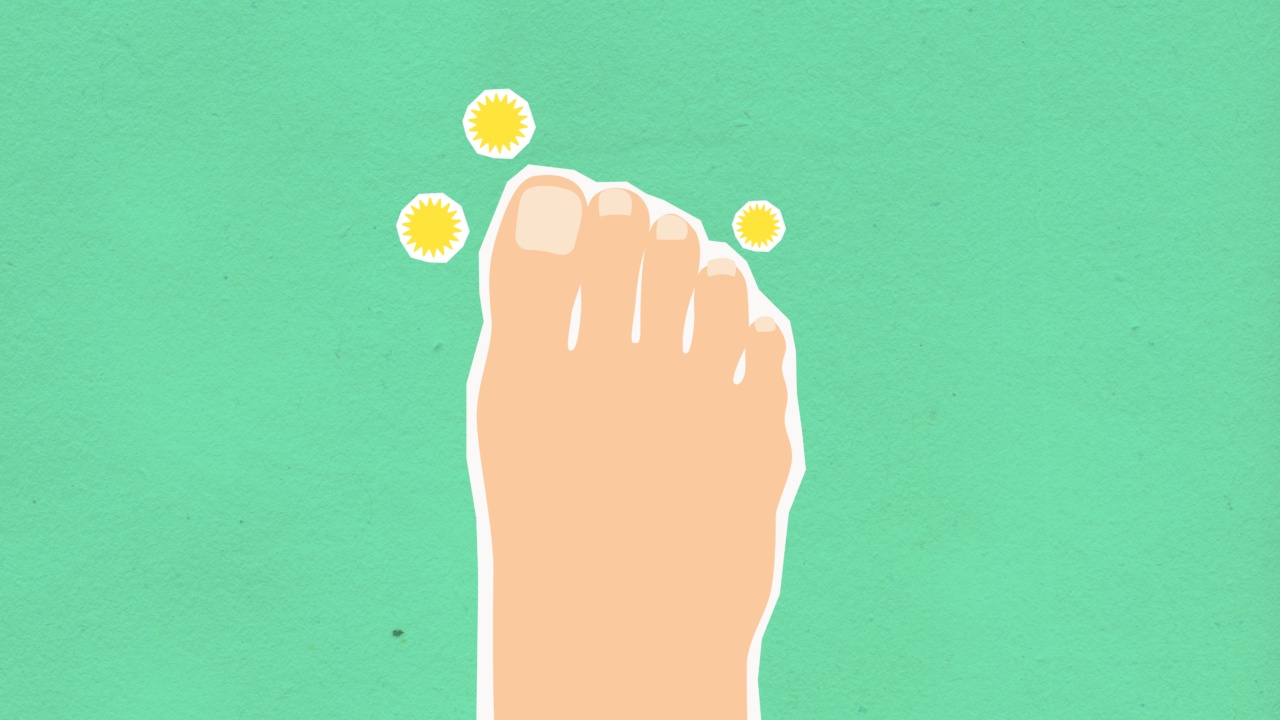Being pregnant is an exciting and joyous time, but it can also come with its fair share of challenges. One such challenge is dealing with fungal infections, which are not uncommon during pregnancy.
Hormonal changes and a weakened immune system can make expectant mothers more susceptible to these infections. However, with proper management and a few simple precautions, you can effectively treat and prevent fungal infections while pregnant. Here are some helpful tips to guide you through this process.
1. Practice Good Hygiene
One of the primary ways to manage and prevent fungal infections during pregnancy is to maintain good hygiene. Make sure to wash and dry the affected areas thoroughly, especially those prone to moisture retention, like the groin and underarms.
Use mild, non-irritating soaps and be gentle when cleaning the infected areas to avoid any further irritation.
2. Keep the Affected Areas Dry
Fungi thrive in warm and moist environments, so it’s crucial to keep the affected areas as dry as possible. After bathing or swimming, make sure to pat your skin completely dry using a clean towel.
Avoid tight clothing that may trap moisture and opt for loose-fitting, breathable fabrics that allow proper air circulation.
3. Avoid Sharing Personal Items
Sharing personal items like towels, underwear, or clothing can easily transfer fungal infections. During pregnancy, it’s essential to avoid such sharing to prevent the spread of infections.
Use your own towels, linens, and clothes to minimize the risk of cross-contamination.
4. Wear Breathable Footwear
Fungal infections like athlete’s foot are common during pregnancy, especially due to the increased sweating and swelling of the feet. To manage and prevent such infections, wear breathable footwear made of natural materials like cotton or leather.
This will allow your feet to breathe and reduce moisture accumulation.
5. Change Your Socks Regularly
To keep your feet dry and fungi-free, it’s essential to change your socks regularly. Moisture-absorbing socks made of materials like bamboo or cotton can help prevent sweat buildup.
Avoid wearing socks or shoes for an extended period, especially if they are damp or wet.
6. Use Antifungal Medication
When regular hygiene practices aren’t enough to manage fungal infections during pregnancy, your healthcare provider may recommend antifungal medication.
Some topical creams or ointments can be safely used during pregnancy, but it’s crucial to consult with your doctor before using any medication.
7. Choose Safe Home Remedies
Apart from medication, there are a few safe home remedies that can help alleviate fungal infections while pregnant. Soaking the affected area in a mixture of warm water and diluted white vinegar can provide relief.
Additionally, applying tea tree oil diluted in a carrier oil, such as coconut oil, may have antifungal properties.
8. Maintain a Balanced Diet
A strong and healthy immune system is essential for fighting off fungal infections. To enhance your immune system, focus on maintaining a well-balanced diet rich in fruits, vegetables, whole grains, and lean proteins.
Nutrients like vitamin C, zinc, and omega-3 fatty acids are particularly beneficial for immune health.
9. Manage Blood Sugar Levels
High blood sugar levels can contribute to the development and persistence of fungal infections. If you have gestational diabetes or a history of diabetes, it’s crucial to manage your blood sugar levels to prevent fungal overgrowth.
Follow a diabetic-friendly diet and monitor your blood sugar regularly as advised by your healthcare provider.
10. Seek Medical Advice
If you experience persistent or severe fungal infections during pregnancy, it’s essential to seek medical advice.
Your healthcare provider can accurately diagnose your condition and recommend appropriate treatment options that are safe for both you and your baby. Never hesitate to consult a healthcare professional if you have any concerns or questions regarding your fungal infections.































